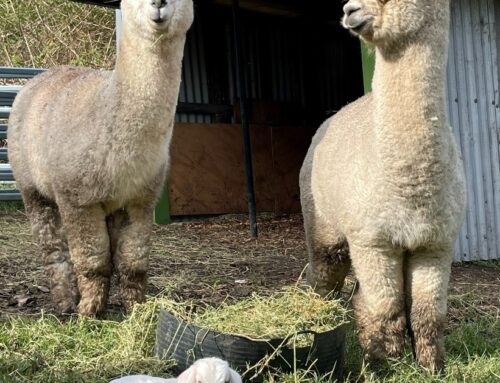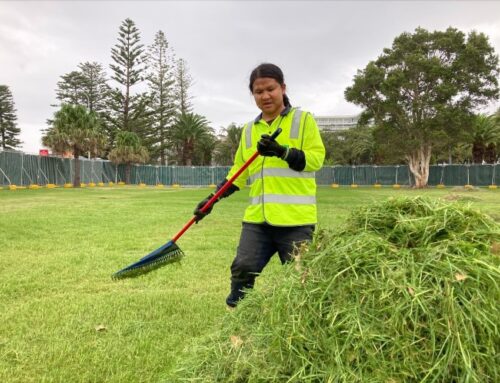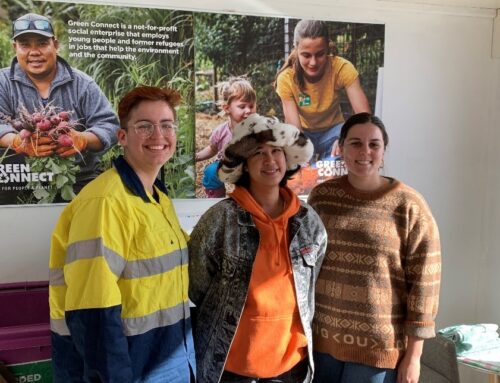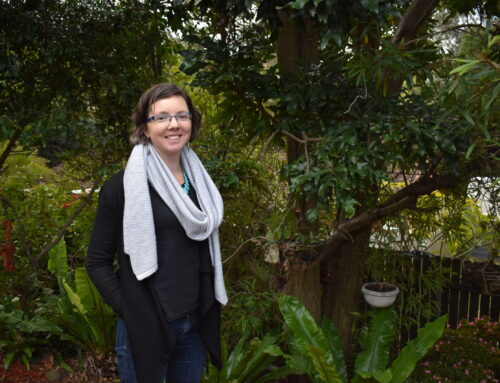It’s Compost Week 2020! If you’ve recently been inspired to start composting, good move. Composting is an excellent way to recycle your food waste and turn it into fertiliser for your soil. It supercharges your backyard veggies and improves the long-term health of the soil. Read on to discover some weird things you may not have considered including in your compost pile.
In Wollongong, most of what ends up in the red bin is food waste. By composting it you’ll not only put your bin out less often, you’ll also reduce the size of the council rubbish tip. And instead of lugging home heavy bags of compost from the shops, now you’ll have it when you need it, for free.
Besides a compost bin, a worm farm or chickens can also compost food scraps and will give you similar benefits. Wollongong and Shellharbour councils run regular workshops where participants are given free worm farms and compost bins. Keep an eye on their events to find out more.
Getting started
Some people say composting is easy, others find it tricky. The key is that you need to have a balance of green (nitrogen) and brown (carbon) materials. Green materials are things like food scraps, fresh grass clippings, and manure. This should make up one third of the pile. The other two-thirds should come from brown materials like straw, newspaper and cardboard.
Getting the balance of nitrogen and carbon right will give you a steaming hot compost that will turn your scraps into garden gold within a couple of months. One way to keep the compost hot is to keep oxygen circulating by turning it once a week.
If there’s too much nitrogen, or not enough oxygen, the pile will decompose very slowly and can start to smell. There are lots of online guides that can help you if you run into problems. This Home Composting group on Facebook encourages its members to share techniques and ask questions.
Weird things you can compost
Here are some weird things you may not have thought about adding to your compost. Bear in mind that big items need a hot compost to break down properly.
Old clothes
You can add any natural fabrics such as cotton, wool, silk, bamboo and linen to your compost, like your old jeans and t-shirts. This is a great way to recycle clothes that are too worn out to be sold or donated. And it’s not just clothes! There’s gardening gloves, socks, biodegradable dish cloths, bath towels and tea towels. Firstly, cut up the material so that it breaks down faster. Secondly, take off non-natural parts such as buttons, zips or tags. Read One Million Women’s guide to composting fabrics.
Ugg boots
Like clothes, you can also compost shoes made of natural fibres like wool, leather and cotton. The same goes for leather belts and wallets. Leather can take a long time to disappear, so cut it into smaller pieces to help the process along. Don’t forget to take the rubber sole off your ugg boot before disposing of it.
Seaweed
Seaweed is a fantastic source of minerals for your garden soil. It also “activates” the compost, meaning it helps speed up the process. In NSW you are allowed to harvest 20 kilograms of seaweed for personal use. Just make sure it’s not attached to a rock or that you’re picking it from a marine reserve or national park. For more information, check out Milkwood’s guide on how to use seaweed in the garden.
Pet hair
Pet hair is actually a great source of nitrogen, so add it to your pile in the same way as your food scraps. The same applies to human hair — giving you just one more reason to embrace home haircuts.
Dust and lint
Two small sources of carbon are often overlooked. You can include the dust from your vacuum cleaner and lint from your dryer in the compost instead of throwing them in the bin.
Bathroom rubbish
You can compost lots of things that end up in the bathroom bin. For example, used tissues, cotton balls, hair from your hairbrush, old loofahs, nail clippings and cardboard from the toilet roll. If you use bamboo toothbrushes, just snap off the head or pull out the bristles and compost the handle.
Urine
Urine is incredibly beneficial for the compost because it’s full of nitrogen. It also adds moisture and helps speed up the process. If can also skip the compost and add it straight onto your garden, just be sure to dilute it with water at a ration of 20:1.
Ready to reduce your household waste even more? Read Green Connect’s guide to going zero waste.







Leave A Comment
You must be logged in to post a comment.